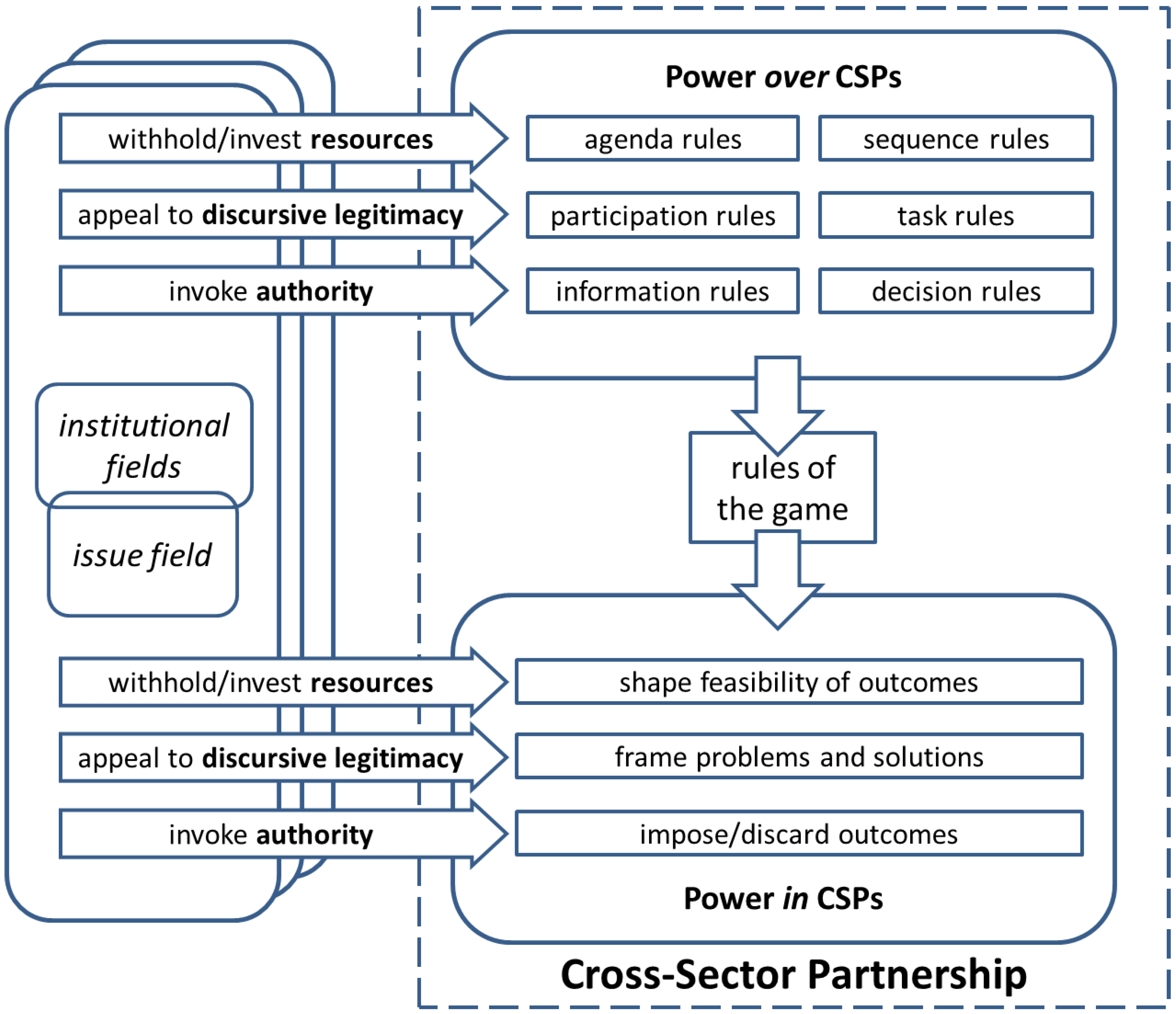
As part of strategic research programme of Wageningen University on
Informational Governance for Sustainability, several research projects are on-going. I'm involved in the interdisciplinary ECOMPRIS project that has come to an end in December 2015. Two more publications have resulted from this project.
Framing ecosystem services: Affecting behaviour of actors in collaborative landscape planning?
Land Use Policy, 46 (2015) 223-231
Paul Opdam, Ingrid Coninx, Art Dewulf, Eveliene Steingröver, Claire Vos, Merel van der Wal
The concept of ecosystem services shifts the human–nature relationship from a conservation-oriented into a utility-oriented one. Advocates of the concept assume that it can alter the attitude and behaviour of human actors with respect to nature. The ecosystem services concept has so far received little attention in scientific literature about collaborative landscape planning. Consequently the potential of information about ecosystem services to influence landscape planning processes is unknown. In this paper we address the impact of different storylines about ecosystem services on actor behaviour. In these storylines, we distinguish three frames on ecosystem services: a social–cultural frame (emphasizing social–cultural services), an economic frame (emphasizing production services) and a sustainability frame (highlighting regulation services). We propose a conceptual framework in which we connect the concept of framing to attitudinal, sender–receiver and contextual factors. The framework is illustrated by a spatial planning experiment with academic students and by a case of collaborative landscape planning. The student exper- iment illustrates how attitudinal factors may intervene in the impact frames on actor behaviour. The case analysis shows how researchers who facilitated collaborative landscape planning used various frames as they attempted to build up the actor network to create collaborative relations in different phases of the planning process. The significance of our paper is that we provide an approach to investigate how information on ecosystem service benefits is processed by multiple actors in collaborative landscape planning processes. Our exploration implies that planners who facilitate a collaborative planning pro- cess have to be aware that purposively using ecosystem service frames stimulates engagement of actors with diverging backgrounds
This publication can be found at
http://dx.doi.org/10.1016/j.landusepol.2015.02.008 or downloaded
here
Does information on landscape benefits influence collective action in landscape governance?
Current Opinion in Environmental Sustainability, 18 (2016), 107-114
Paul Opdam, Ingrid Coninx, Art Dewulf, Eveliene Steingröver, Claire Vos, Merel van der Wal
There is general understanding that collaboration is a key element in the governance for a sustainable environment. In this context knowledge utilization has become a popular research topic. However, the role of information content in enhancing collaboration has been rarely addressed. We consider two types of information on mutual dependencies between actors that result from ecological interdependencies in the landscape: information on landscape sites providing multiple benefits to a range of stakeholders, and information on how these benefits depend on coordinated landscape–level management. Our survey of recent literature indicates that although there is a sound theoretical basis for the assumption that such information would enhance collaboration, the issue has been the subject of little empirical research thus far. We found some supporting studies demonstrating social network building and collective action, but none of them separated the effect of the information content from the effect of the organized social learning process. To increase understanding of the potential for informational governance of landscapes resources, we argue there is a need to integrate recent advances in the analysis of social network building in environmental management with emerging insights in knowledge utilization and spatial interdependencies of landscape benefits.
This publication can be found at
http://dx.doi.org/10.1016/j.cosust.2015.12.006 or downloaded
here

















